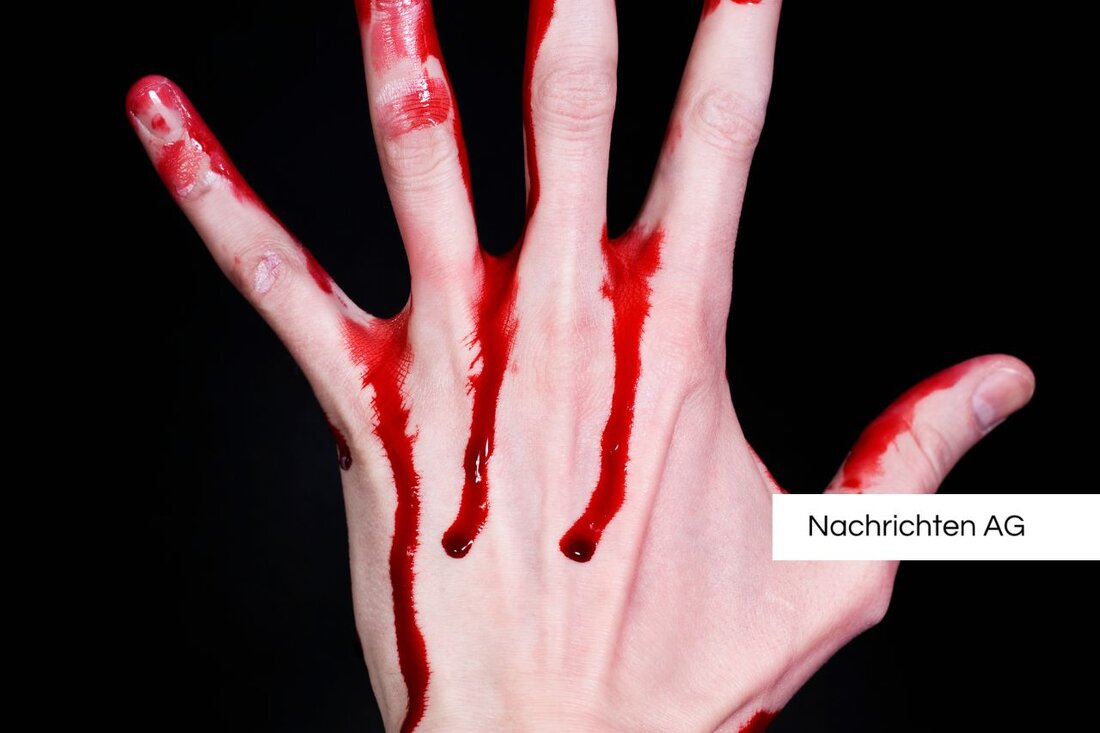Revolutionary heart medicine: First wireless pacemaker in Göttingen!
A wireless pacemaker was implanted in Göttingen for the first time. This innovative method offers numerous advantages for patients.

Revolutionary heart medicine: First wireless pacemaker in Göttingen!
In a groundbreaking step for cardiac medicine, the University Medical Center Göttingen (UMG) has implanted a wireless atrial pacemaker for the first time in Germany. This innovative technology could significantly improve the lives of many patients with cardiac arrhythmias. Under the direction of Prof. Dr. Constanze Schmidt and Priv.-Doz. Dr. The procedure carried out by Ulrich Krause on a 47-year-old patient represents an important milestone.
The patient, M. Dittrich-Groß, had suffered since birth from hypertrophic cardiomyopathy, a rare heart disease that causes excessive thickening of the heart walls and can impair the heart's pumping function. Despite continuous medical care, he eventually required a donor heart and was successfully transplanted in August 2024. After the transplant, however, cardiac arrhythmias occurred that required a pacemaker, which is why the decision was made to use the wireless atrial pacemaker, which does not require any electrodes and is therefore significantly less invasive.
Superior technology without cables
The advantages of the new implant are remarkable. It consists of two small devices that are inserted into the right ventricle and right atrium. These devices communicate without cables using high-frequency signals passed directly through the blood, allowing synchronization with each heartbeat. Scenarios such as the risk of cable breaks or ignition, which often occur with traditional models, are drastically reduced. The implant is about a tenth the size of a traditional pacemaker and is suitable for high-risk patients.
The minimally invasive procedure is carried out via the groin vein and does not require any operation on the chest, which means the recovery time for the patient is significantly shortened. This is particularly important because around 110,000 pacemakers are implanted in Germany every year, and many patients need to be treated particularly carefully due to high surgical risks or susceptibility to infection.
Collaboration between specialists
The interdisciplinary collaboration between pediatric and adult cardiologists is highlighted as a strength of the media infrastructure in Göttingen. According to [German Health Portal](https://www.deutschesgesundheitsportal.de/2025/10/13/innovative-herzmedizin-umg-satz-neuarten-vorhof-herz Pacemaker-after-transplantation-ein/), this speaks for future-oriented cardiac medicine that adapts to the complex needs of patients.
Prof. Schmidt and her team are not only happy about the successful procedure, but also about the possibilities that this new technology can offer for patients with complex cardiac arrhythmias. “This type of therapy brings us one step closer to gentler treatment for our patients,” says Schmidt.
The Hannover Medical School (MHH) is also considering implanting similar wireless pacemakers such as the AVEIR VR model. Not only is this model the size of a AAA battery, but it also offers a lifespan of up to 17 years. It is placed directly into the right main chamber of the heart and allows doctors to optimally position it thanks to an innovative mapping process that records the electrical signals in the heart.
Overall, it appears that developments in this area are not only technically impressive, but also have the potential to significantly improve the lives of patients with heart problems. At a time when innovative medical industry and new technologies go hand in hand, Göttingen has created a real sensation in cardiac medicine with this step.
For more information about this topic you can read more here: Stadtradio Göttingen and MHH.

 Suche
Suche
 Mein Konto
Mein Konto